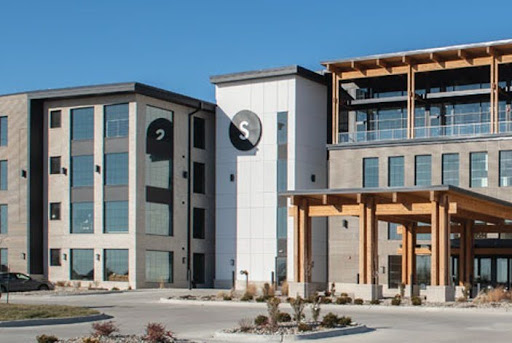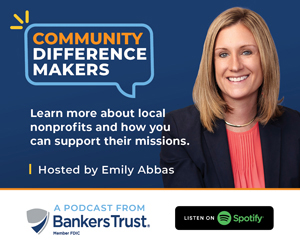Cownie urges cancellation of Des Moines events, gatherings
‘We don’t want Des Moines to become a Seattle,’ he said.?

KATHY A. BOLTEN Mar 13, 2020 | 9:48 pm
2 min read time
481 wordsAll Latest News, Coronavirus, Government Policy and LawDes Moines businesses, event venues, churches and organizations are being strongly urged by Mayor Frank Cownie to cancel gatherings for at least the next three to four weeks in an effort to stem the spread of the highly contagious coronavirus.
Cownie’s unprecedented announcement was released shortly before President Donald Trump declared a national state of emergency, a move that will allow more federal aid for states and municipalities.
Cownie said he made the decision to encourage the cancellation of events and gatherings such as church services as a way to slow the spread of COVID-19.
“We don’t want Des Moines to become a Seattle,” he told the Business Record. Seattle is considered the U.S. epicenter for the virus.
Cownie, who defined a large group as 50 or more people, said he doesn’t yet know whether there are any legal steps the city can take to force the cancellation of events and the closure churches and other places. He said that while he is recommending canceling gatherings with large numbers of people, he is not suggesting the closure of restaurants and bars.
“I think [owners] have to be aware of the risk and our citizens have to be aware ‘do you really want to go into a crowded restaurant at the moment?’” he said. “We want people to be cautious – that we’re at a yellow flag right now.”
Cownie’s move is similar to steps mayors in numerous other U.S. cities have already taken. Some cities implemented emergency bans of large events.
Jo Ellen Whitney, an attorney with the Davis Brown law firm in Des Moines, said while city officials may not be able to force the closures of businesses, Trump’s declaration of a state of emergency gives more weight to Cownie’s recommendation.
“Right now, no one is mandating anything,” she said. The Centers for Disease Control and Prevention isn’t “mandating people self-quarantine, for instance. They are ‘requesting’ it.”
Whitney said, though, if groups or businesses don’t heed Cownie’s advice and an outbreak occurs at their business or establishment, people might be able to use “the fact that the mayor gave this advice in a claim.”
On the reverse side, some business owners who suffer financial hardships because of the recommendation could also use the advice in a claim. “They could say ‘You made these statements and you hurt my business,’” she said. “It will be interesting to see how this all goes.”
Cownie said he’s concerned about COVID-19’s economic impact on the city. He said he foresees a reduction in the amount of sales tax revenue collected in the city, which would mean less money for some planned improvements.
He said he’s also concerned that some part-time workers may be laid off because fewer people are going to restaurants, bars and other places.
“I am hopeful that through additional federal funds there will be more money for unemployment insurance,” he said.










